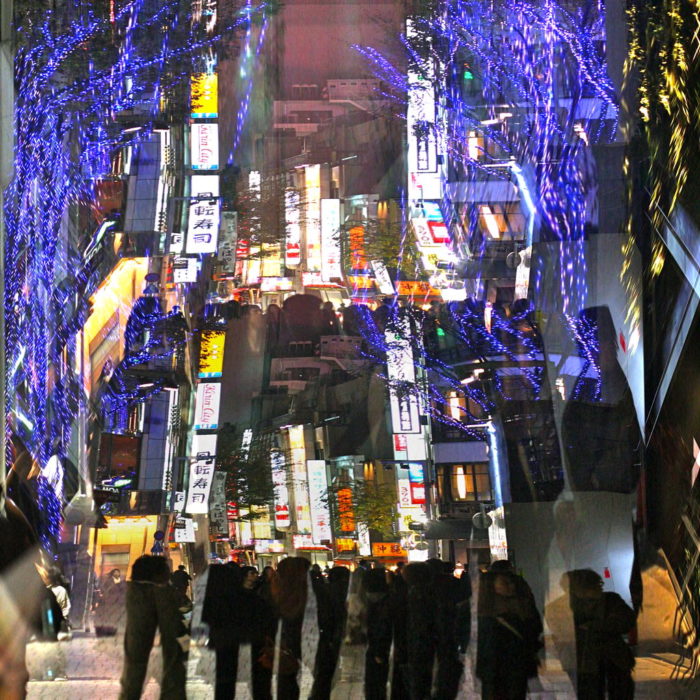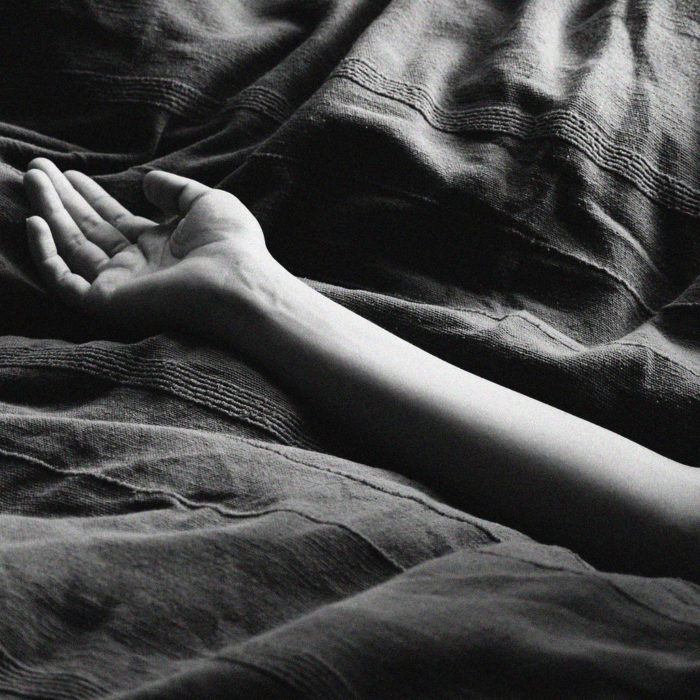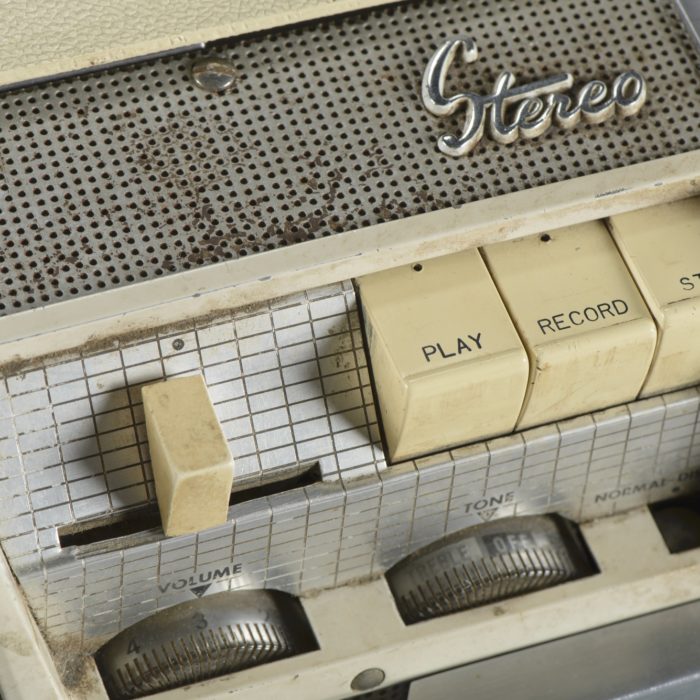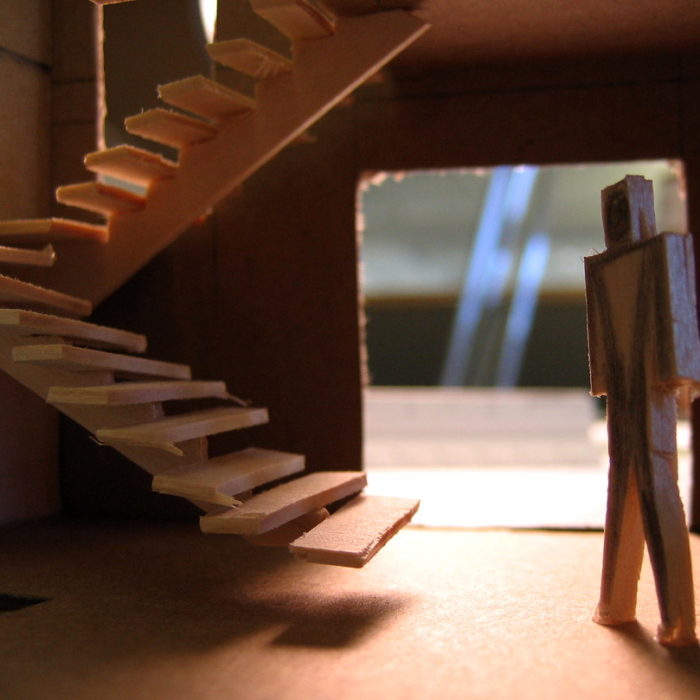You have no items in your cart. Want to get some nice things?
Go shopping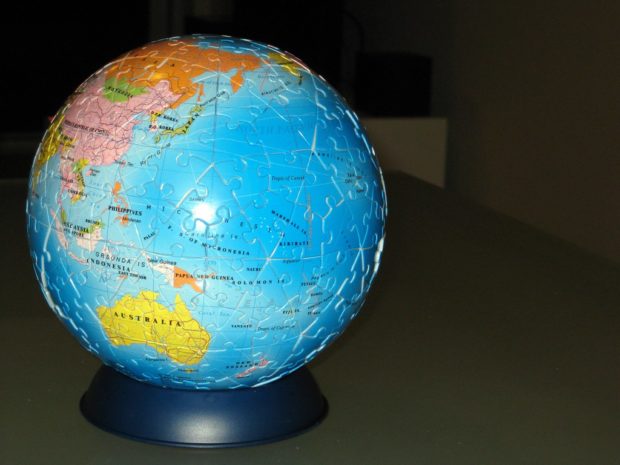
I wrote a paper once, long ago, on the need for war, on the necessity of violence. I presented it up on stage, my first time speaking in public outside of my childhood classrooms. While no longer a child, I was still young then and some people thought me brilliant and wanted to listen to what I had to say, and although I felt ill, I knew I could not disappoint them. The details escape me now. It was an argument for the greater good, that I remember.
When I left the university that day, I took the bus back into the city to the small apartment I was sharing. On the street outside, the police were clubbing a man who was pinned to the ground. I stood and watched for a while, wondering what someone could have done to deserve that. When I went inside, my roommate told me that there was a telephone call and that I needed to go home.
*
Home, this house, yes, I am always returning. I cannot seem to stay away as much as my body wants to. My body more than my mind. I feel uneasy here, sickly, flushed with heat. Even in winter I feel a fever about me. It must be something in the walls.
My father always busy in the fields. He liked to dig and to chop, piling wood and earth into mounds, great dirt pyramids for the ants. He called it clearance; my mother called it abdication. He’s a spoon when you need an iron lung, she said. She often spoke in this way, full of riddles and superstition.
It was an old house, so different to those around it, baronial in a way, standing on a plot of land that crested into a valley. And my mother the Baroness, so high and mighty, she fought in a golden age with knives and paper, a proud Kentucky woman. It was her that I had to come back for.
She called me into the kitchen. I need your help to deface New England, she said. I did not ask her what she meant. She was making dough. I helped her as I could, clumsy and imprecise. I asked her how long they gave her and she said something softly about weeks and months and it didn’t really matter because what do they know. She will die an autumn death, a witch told her so. She lingers on into the winter but doesn’t see the New Year. The witch, I imagine, said nothing.
Little is left where there was so much, a few cleared fields where there were once so many, the treeline, the shrubs. The house still stands, and that is where we are, my daughter and I. The Kamikaze. The reckless young woman of eight short years. She wouldn’t know fear if it shot her, my mother would say.
Everything is overgrown now. The neighbour’s goats will soon come down to graze. They are full of humour, much like their master, who is a small man with small eyes that remind me of a bird’s. Across the low field are the remnants of the hut where my father kept his tools. In the summer he would smoke and drink here, and take some rabbits from the field. He would skin them and leave the pelts on sticks. He wanted to show the woods that he was a conqueror.
What had he conquered? The moon perhaps. Everyone loves a fallen moon.
He kept his rifle open on the small table inside. I went there often to touch it. I remember it being very cool, slightly apart from the rest of the world, a thing outside itself, and that was its power. The cabin went up one night when my father was sleeping inside. Drunk perhaps, he never said. He sat in there surrounded by flammables. Another call, a nurse this time, and I came home again.
He told me his nights of recovery were filled with colour, a singular burning orange. It reminded him of a great painting he had once stood before in a New York gallery. This was the first time he heard the word transcendental. He was only a child then, staring up in defeat. His father told him these works were portals, a different plain hanging from the wall, and that is what saved him, knowing he could pass through the flames. When I brought him home from the hospital, he proclaimed that he was a changed man.
He asked me did I see it in him, could I see the difference?
No, I said, you just seem quieter.
What about the scars?
Yes, I said, that is different.
*
I spent the summer there, working on a book through the dismal heat, trying to renounce all that I had once believed in. Experience is not always enough to wash away the convictions of youth, but I tried, hacked away at it. My own form of clearance.
When the summer was over and my father was able to fend for himself I went north to my husband. I needed to be cold. He suggested we take a sabbatical, fly across the ocean, see his family. So we go then, we see his family, see the town of his birth. Castlemartyr. A strange name, an Irish town you imagine the pilgrims touched on their voyages. He said you dream of castles and martyrs and all you get is sadness. We walked in the rain and said nothing of consequence. We visited the ruined castle with its glaring teeth, the church with its small arches and slighted tombstones. We did not talk much. He asked me what was wrong.
I said I had no more faith left anymore.
He said he would have faith enough for the both of us.
I laughed at how sincere he was.
He took that to mean that I was happy.
We both teach. I have the skill, and he has the passion. His words. Soon he has more passion than I have skill. We speak less. We move to different universities. Then to different countries. We separate. We reconcile in hotel rooms and separate again. I ask for a divorce, and he is understanding. Years later he tells me he is finding it difficult being alone. I tell him everyone finds it difficult whether we are alone or not.
You know that is not true, he said.
When his wounds healed, my father rebuilt the cabin, but inside he did little with it. It stands as it was back then. There is no table, no worktop, no tools, no purpose. I think that as he finished the shell, he realised he was alone and had no one he needed to hide from anymore.
*
There was a skirmish on this land once. The Confederates set fire to the treeline to smoke out the encamped Union soldiers. The winds picked up, and the fire spread before the wind turned and took the fire back to them. It is just one small story amongst many. We are alone here. There are no neighbours coming to gossip, no young men looking for a day’s work. Even the ghosts of the battle have grown weary and resigned themselves to the nothingness. So we make our own noise, Kamikaze and I. We walk through the fields every day, and I find great delight in seeing her head bobbing up and down in the long grass. This is her ocean now, and she has set her wings upon it.
I wonder if those men that started the fire ever felt guilt for what they did. It is said that when Jerusalem fell, it was those trapped inside who lit the first fires, trying to push the Romans away, burning the city from within. Others say it happened differently, but this is the story I like to tell. History and its victors. All that jazz.
*
The cabin is mine now, and I am to make it my own. I will put in a comfortable chair and my typewriter from the attic, maybe a plastic plant that does not require my attention. I have notions of building my own table. I will make it my private sanctuary and tell my daughter it is off limits. I will put a lock upon the door, to give her something to aim for, and when I find her inside, I will look away and pretend I saw nothing. It will be something just between us. I know already there are great differences. She sees the world as a mystery while I see it as a puzzle.
We make our own fire. We place rocks in a circle and pile sticks across and sit around it into the evening. We skewer marshmallows onto dry sticks and I drink coffee from an ancient cup. She has swapped her goggles for glasses and is all mouth and planning. The summer is ending, and we will go north again and she will see her friends and talk in secrets, and I will stand in large rooms and speak only of the facts. Another semester. Another question of the loser’s tongue.
We all know history is written by the victor, someone will say, but what of the defeated, who will speak for them?
Then they watch me as I contemplate this as if for the first time.
You will, I say.
And then they are content. Every year is the same.
*
I put my daughter to bed. She is tired here and does not fight it as she does in the city. I expect she is weary of her mother and longs for adventures that I can no longer give her. Could I have ever? I was never the adventurous type. What have I done that compels me to be without motion? Why am I so rooted in a past that brought me such little comfort? My father kept bourbon underneath the sink, a reminder of his changed ways. After the fire, he never touched a drop. I pour myself one and sit in the dark. I tell myself I should make a list of my failures or weaknesses or do some such nonsense to guide me into the light. My skin, my elbows, my marriage, my lack of wonder. When I floss, even the mirror retreats.
I try, but I do not believe in sudden revelations. Everything must be examined, everything put into context. Maybe that is what brings me back. I go outside and stand on the porch in the moonlight and look into the thicket. There, where the branches twist like turned ivory, I see the faces of all those who have injured me.

Roy Endean
Roy Endean lives in the south of Ireland. His work has appeared in Brand Magazine, The Steel Toe Review, Burningword, Corium, Sonder Magazine, Juked, and The Santa Ana River Review.

